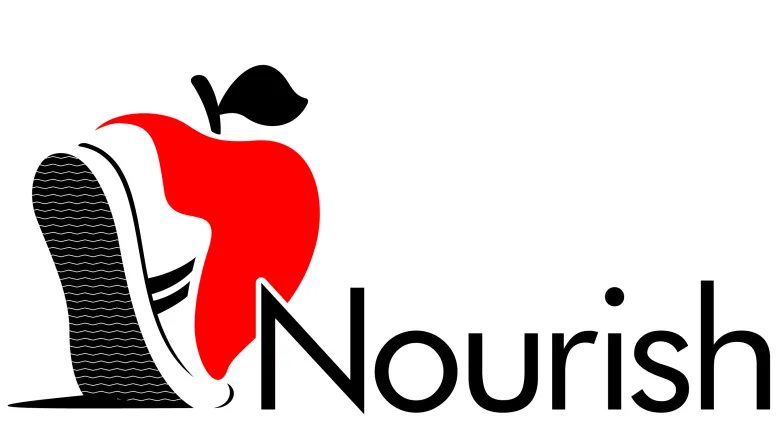Nourish Your Body
Cooking for One or Two (FN521) Sometimes, cooking for one or two may seem like it’s not worth the trouble; however, everyone needs a variety of foods to stay healthy.
Eating for Your Eye Health (FN709) We cannot change our genetic inheritance, but we can exercise and eat a diet rich in fruits and vegetables.
Nourish Your Brain with a Healthful Diet (FN1414) Have you ever gone into a room and forgotten what you went to retrieve? Don’t worry. That happens to most people at least sometimes. Have you fueled your brain lately? Just like your car, your brain needs fuel to operate effectively. Consuming a well-balanced diet that includes foods rich in antioxidants and omega-3 fatty acids can be beneficial for the brain and the rest of your body.
Exercise Your Brain (FN1431) Stimulate your brain by adding variety to your activities.
Nourish Your Bones (FN1488) Keeping our bones healthy is a lifelong process. As we get older, our bodies may break down bone faster than we can make new bone. This can cause problems if our bones don’t have enough stored nutrients to keep them strong.
Nourish Your Joints (FN1489) Most of us experience some joint stiffness during seasonal changes. However, degenerative diseases such as arthritis can inhibit daily activities.
Eating For Your Eyes II Diabetic Retinopathy: Prevention Treatment and Diet (FN1493) Diabetic retinopathy is a complication of diabetes that can lead to blindness. Caused by changes in the blood vessels of the retina, diabetic retinopathy is the most common diabetic eye disease. Usually no symptoms are present in the early stages of the disease. As the disease progresses, a person may experience spots in vision or blurred vision.
Nourish Your Skin (FN1572) A Healthy Skin Diet is Like the Heart-healthy Diet.
Nourish Your Digestive System (FN1606) Have you heard about probiotics and prebiotics?
Nourish Your Muscles (FN1678) The maintenance of your muscles plays a major role in healthy aging. By taking care of your muscles, you can impact your quality of life now and in the future. The proteins in our bodies continuously are being broken down and replaced. Protein is essential to life and needs to be consumed at each meal.
Nourish Your Mind and Body With Accurate Health Information (FN1697) What are the clues to reliable health information in today’s fast-paced world? This publication will help you sort through the vast amount of nutrition and health-related information that is available.
Nourish: Know Your Medications (FN1720) Most people take a prescription or nonprescription medication from time to time. Consider these questions and answers for safety and effectiveness.
Nourish Your Immune System (FN1773) Our immune system functions throughout our body. It is composed of specialized cells that prevent or limit infection in our bodies. Immune cells recognize substances that enter our bodies and attempt to remove them if the substance appears to be harmful to us.
Nourish Your Body With Sleep (FN1854) This provides information about sleep needs, foods that may affect sleep and ways to promote sleep.
Nourish: Benefits of Pet Parenting (FN2130) A look at how pets can benefit us physically and emotionally and how to stay healthy around them.
Nourish: Dimension of Well-Being (FN2246) Well-being is the presence of positive emotions and moods, the absence of negative emotions, satisfaction with life, fulfillment and positive functioning. The eight dimensions of well-being are physical, intellectual, emotional, social, spiritual, environmental, financial and vocational. How are you doing in achieving the dimensions of well-being?
Nourishing Your Mind and Body: Manage Stress for Better Health (FS1730) People have different definitions of stress. Probably the most common definition is “physical, mental or emotion strain or tension.” Stress is different for all of us. People will perceive the same stressor in a number of ways and, therefore, react to it differently. An event can be overwhelming to one person and exciting to another. For example, many politicians, comedians and public speakers truly enjoy appearing on stage in front of huge crowds, while the same situation provides anxiety and fear for other people.
